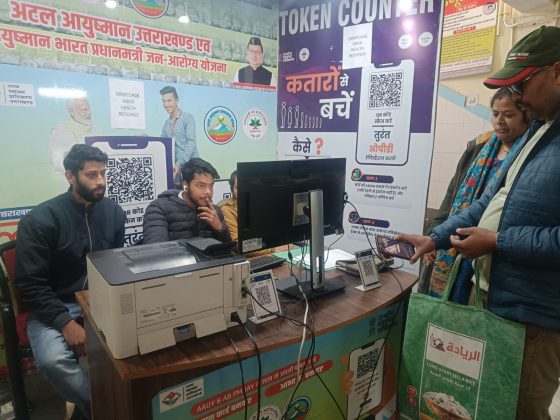DAINIK NATION BUREAU : The All India Muslim Personal Law Board (AIMPLB) has expressed its strong opposition to the implementation of a Uniform Civil Code (UCC) in India. In a significant move, the AIMPLB has submitted a draft to the Law Commission outlining its objections and concerns regarding the proposed UCC. This development highlights the ongoing debate surrounding the UCC and the divergent viewpoints on the issue. As discussions around the UCC gain momentum, it is essential to examine the objections raised by the AIMPLB and understand the implications of this contentious topic.
Opposition to Uniform Civil Code: The AIMPLB has long been a vocal opponent of the UCC, arguing that it undermines the diversity of personal laws that exist within different religious communities in India. The organization contends that a UCC would infringe upon the fundamental rights of minority communities and erode their right to preserve and practice their religious customs and traditions. The AIMPLB sees the UCC as an encroachment upon the personal laws that govern matters such as marriage, divorce, inheritance, and adoption for various religious communities.
Key Objections Raised: In its draft submitted to the Law Commission, the AIMPLB has listed several objections to the UCC. These objections revolve around concerns regarding the potential infringement of religious freedom, the undermining of cultural diversity, and the imposition of a uniform legal framework without taking into account the unique practices and customs of different religious communities. The AIMPLB argues that personal laws should be left to the discretion of respective religious communities, as guaranteed by the Indian Constitution’s right to freedom of religion.
Preserving Pluralism and Diversity: The AIMPLB’s opposition to the UCC is based on the belief that India’s strength lies in its diversity and pluralism. The organization contends that allowing different religious communities to have their own personal laws is not only constitutionally protected but also essential for maintaining social harmony and preserving cultural identities. The AIMPLB argues that a UCC would homogenize personal laws and erode the rich tapestry of traditions and practices that define India’s multicultural society.
Debate and Implications: The debate surrounding the UCC is multifaceted and complex, touching upon issues of religion, gender equality, and constitutional rights. Proponents of the UCC argue that it would ensure equal treatment for all citizens, irrespective of their religious background, and promote gender justice by eliminating discriminatory practices. However, opponents like the AIMPLB argue that personal laws are an integral part of religious freedom and that any attempt to enforce a uniform code would be a violation of this fundamental right.
The implications of the AIMPLB’s opposition to the UCC extend beyond legal and constitutional dimensions. The debate reflects broader societal divisions and the challenge of striking a balance between individual rights, cultural diversity, and the need for a cohesive legal framework. The outcome of this ongoing debate will have far-reaching consequences for India’s socio-political fabric and its commitment to pluralism and secularism.
The AIMPLB’s submission of a draft outlining its objections to the Uniform Civil Code adds fuel to the already heated debate surrounding this contentious issue. While proponents argue that a UCC would bring about equality and justice, opponents, such as the AIMPLB, contend that it infringes upon religious freedom and cultural diversity. As discussions on the UCC continue, it is crucial to engage in a constructive dialogue that respects the rights and sensitivities of all stakeholders while striving for a harmonious and inclusive society that upholds both individual rights and communal identities.
 Dainik Nation News Portal
Dainik Nation News Portal


